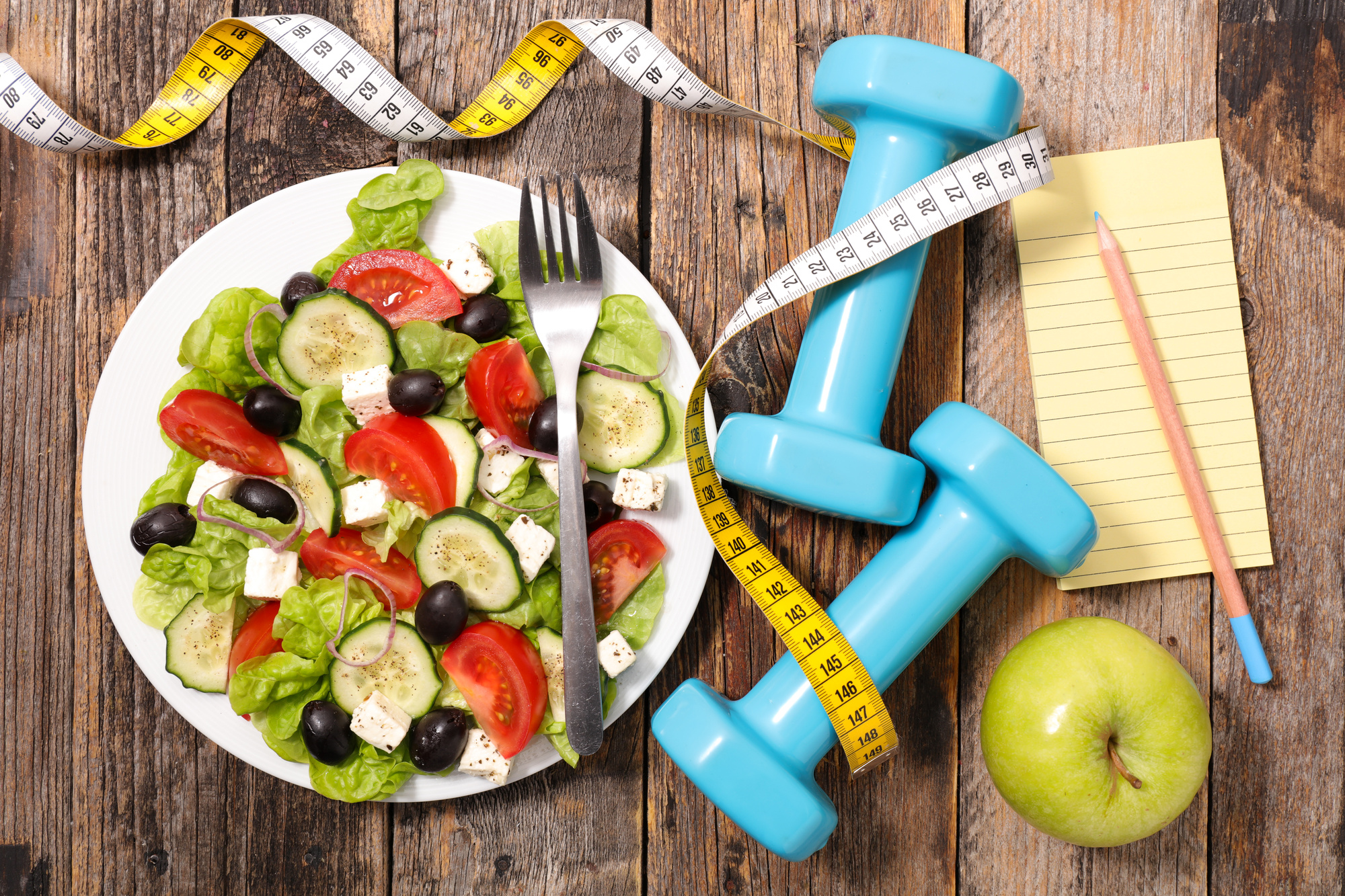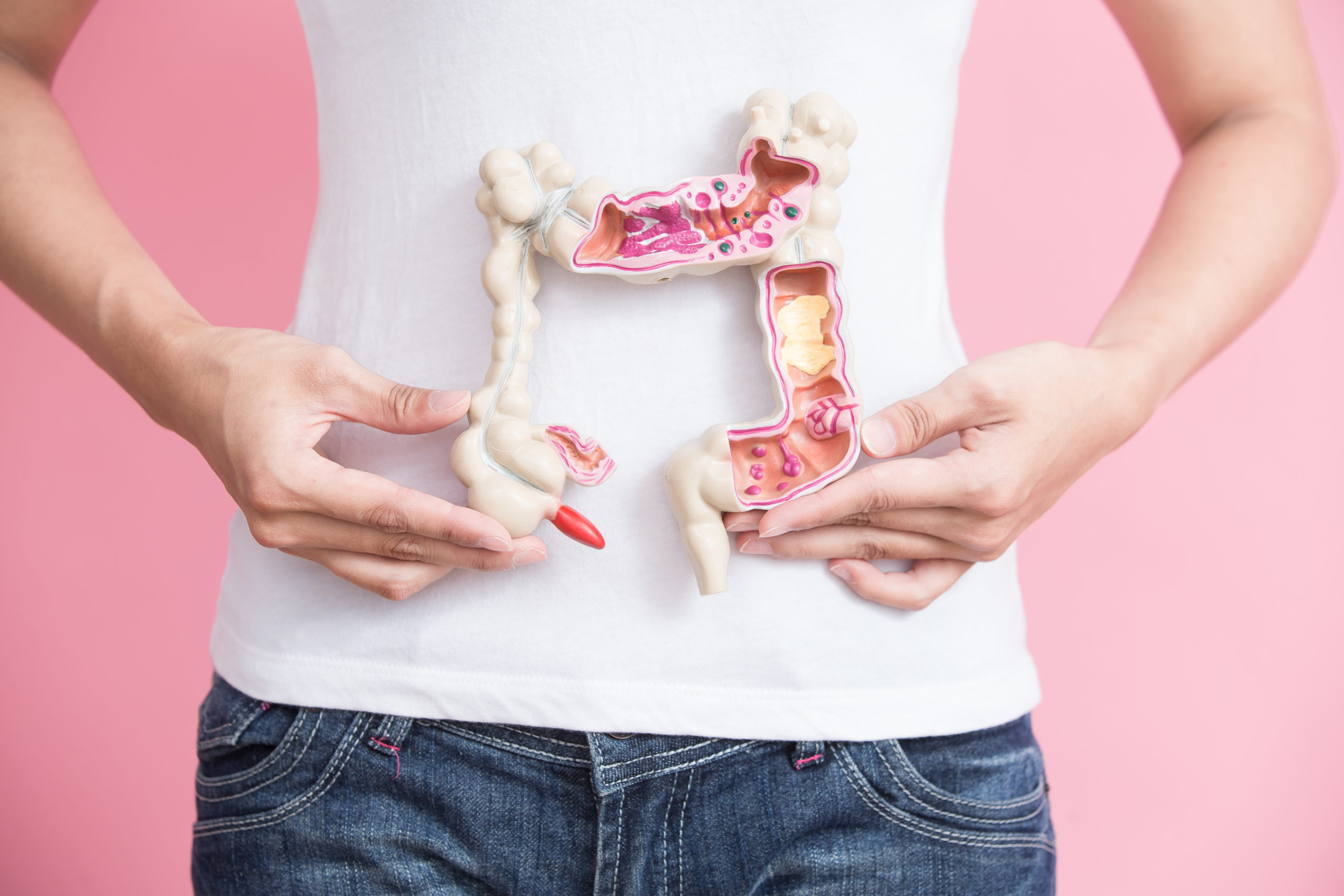
Managing Sleep, Diet, and Exercise Plans For Better Health
If you’ve taken a health risk assessment and you’re worried about your future health, you’re not alone. Unfortunately, over 80% of women above 55 live with at least one chronic health condition.
However, there are ways to help prevent these conditions and ensure that the best is still yet to come! Let’s talk about how to improve your urological and gynecological health, as well as your overall health.
Exercising as We Age for Better Health
The myth that the need for exercise decreases with age is exactly that: a myth. If anything, our need for exercise only increases with age.
When we go through menopause, our bodies change in many ways. It can create a hormone imbalance, cause sleep problems, and affect our mental and physical health.
Fortunately, exercise is a great remedy on every front. If you’re thinking that menopause is still far off for you, now is an even better time to start!
Kegel Exercises
Kegel exercises are an important part of anyone’s routine, whether you’re a 20-year-old male or a 55-year-old female. This helps strengthen our pelvic floor and improve urinary, gynecological, and other important functions.
Start by laying on the floor facing upward (supine) and lifting your waist upward, keeping your feet and shoulders on the floor. Contract and hold everything in your lower abdominal and groin region for 10 seconds. Repeat at least five times and try to do this every day!
For best results, work with a trained pelvic floor physical therapist to learn the correct technique for Kegel exercises. You can ask your healthcare provider for a referral to physical therapy.
Aerobic Exercises
There are so many opportunities for cardiovascular training that we won’t bother mentioning them. Do whatever you prefer, whether it’s in the water, on a bike, or on a mountain. As long as it gets your body moving, it’s worth it.
Cardiovascular training helps us maintain a healthy body weight and continue activities that we love, and it helps prevent nearly every disease you can name.
Generally speaking, the minimum goal for aerobic exercise is 150 minutes each week. Ideally, you’ll spread this to five 30-minute sessions throughout the week. Again, this is the bare minimum.
Also, the more you move your body throughout the day, the better. Even parking farther away can make a difference. If you want, you can use a step counter and keep trying to push yourself to new goals!
Stretching and Strength Training
This is especially important if you have a desk job or spend a lot of time sitting. Some of our muscles become underactive and some become overactive. Strengthening our underactive muscles and stretching our overactive ones are essential for our overall health.
We can’t tell you which of yours are developed or not, and we don’t need to. Try to incorporate some moderate strength and flexibility training all around for the best results. Doing this at least twice a week will only improve our day-to-day activities and quality of life as we age.
Eating Healthy Foods for Better Health
Eating a well-rounded, healthier diet can prevent or address a hormone imbalance, improve our quality of life, and improve dozens of urological or gynecological disorders.
We aren’t going to try to sell you on a diet. We should all eat what we like based on our own personal preferences. There are too many diet myths out there that are either unhealthy, misleading, or unsustainable.
However, we can all make healthier choices or choose healthier alternatives to foods we enjoy.
The wider the variety of whole foods and the fewer processed foods we consume, the better. You don’t have to make dramatic changes overnight, but take a look at your diet and find some of your weaknesses.
For example, if you eat too much red meat, try swapping for a turkey or veggie burger. If you love processed chips and crackers, try making some whole-grain alternatives at home or eating rice cakes instead.
Overall, the majority of your calories should come from whole, plant-based foods. These include legumes, fruits, vegetables, whole grains, nuts, seeds, and the like.
Meat, eggs, dairy, and other animal products are okay to eat, but not with every meal. Try to branch out and achieve more natural colors on your plate for the most nutritional value, and keep healthy snacks with you to eat throughout the day.
Maintain a Consistent Weight
Maintaining a consistent weight is essential for health, especially as we age. Eating close to our maintenance calories will help us stay healthy across our entire bodies, including our urinary and gynecological systems. This is especially important during periods such as menopause when our bodies make dramatic changes.
Gaining or fluctuating weight is a common concern as we age, but it can lead to a lot of issues, including:
- – Kidney disease
- – Increased urinary incontinence
- – Heart disease (check out this post on Women and Heart Disease)
- – Blood vessel disease
- – Breathing problems
- – Increased risk of diabetes
There are plenty of other examples, but one thing is clear: Weight fluctuation can cause a host of issues both inside and outside of your urinary and gynecological systems.
Getting Enough Quality Sleep for Better Health
“Sleeping” for eight hours a night is meaningless if the sleep is low quality. We all need between seven and nine hours of quality sleep each night, which we can achieve by shutting off our electronic devices before bed. Some common sleeping issues include:
- – Difficulty falling asleep
- – Waking up throughout the night
- – Waking up too early
- – Sleeping in too late
- – Falling asleep at inappropriate times
If you have trouble sleeping, it’s important to establish a clear routine for your mind and body to follow. Exercise and diet also play key roles in your sleep cycle, so follow the tips above.
On top of that, ensure that you go to bed at a consistent time each night. Try reading a book or talking with your partner before bed instead of using your phone or watching television. If screentime is a habit of yours, it may seem to have the opposite effect at first, but it will improve sleep if you break the habit.
Get Started
Now that you know how to improve your health, start using these tips today. Getting more sleep, nutrients, and exercise will only lead to a better, healthier life.
Stay up to date with our latest health and wellness tips by checking our blog regularly for new posts and following us on Facebook and Instagram @petermlotzemd!



